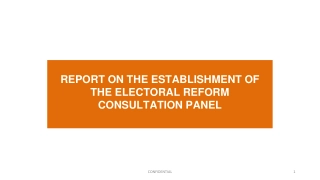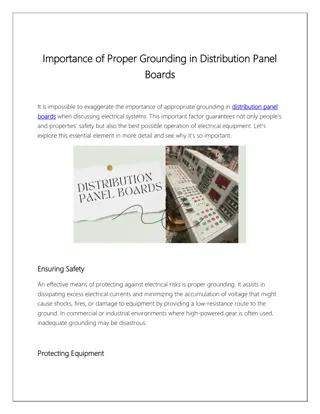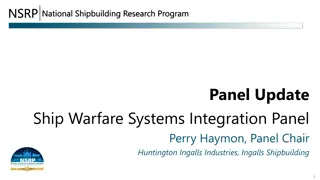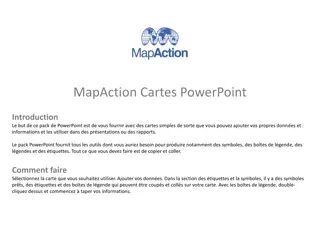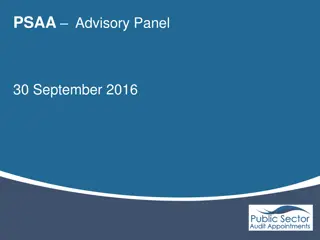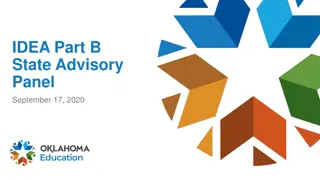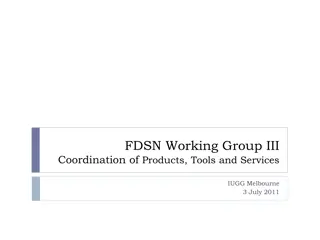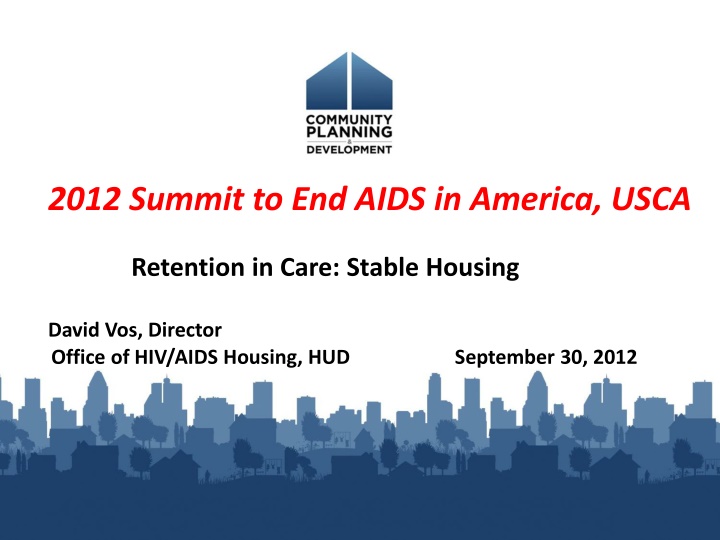
Supportive Housing Impacts in Ending and Preventing Homelessness
Strategic investment in housing plays a critical role in HIV care and prevention systems by aiding homeless individuals in accessing supportive housing, reducing HIV risk behaviors, and adhering to treatment regimens. Supportive housing initiatives target data-driven planning and technical assistance to create local synergy using resources from entities like HUD for cross-program engagements involving healthcare, housing, development, employment, veterans, social services, and more. Rapid rehousing efforts aim to address homelessness, with a focus on preventing and ending homelessness through federal strategic plans. Housing Opportunities for Persons With AIDS (HOPWA) fund various housing projects to support individuals living with HIV/AIDS. The HOPWA program offers a range of housing opportunities, including tenant-based rental assistance and community residences.
Download Presentation

Please find below an Image/Link to download the presentation.
The content on the website is provided AS IS for your information and personal use only. It may not be sold, licensed, or shared on other websites without obtaining consent from the author. If you encounter any issues during the download, it is possible that the publisher has removed the file from their server.
You are allowed to download the files provided on this website for personal or commercial use, subject to the condition that they are used lawfully. All files are the property of their respective owners.
The content on the website is provided AS IS for your information and personal use only. It may not be sold, licensed, or shared on other websites without obtaining consent from the author.
E N D
Presentation Transcript
2012 Summit to End AIDS in America, USCA Retention in Care: Stable Housing David Vos, Director Office of HIV/AIDS Housing, HUD September 30, 2012
Strategic Investment in Housing Housing is a critical component of HIV care and prevention systems. Helping homeless and unstably housed people: enter into supportive housing and remain in care reduce HIV risk behavior & adhere to complex treatment regimens. Addressing HIV disparities seen in retention in care & delayed entry into care.
Platform to Improve Health Address disconnects in HIV care: 80% HIV diagnosed, 62% linked, 41% retained in care, 36% on ART, 28% with optimal suppressed viral load (CDC Vital Signs, MMWR, Dec. 2011).
Supportive Housing Impacts Platform to end and prevent homelessness: Targeting data in planning and technical assistance Creating local synergy w. HUD & other resources Cross program engagements involving Health-care Housing Development Employment Veterans Social Services Criminal Justice City/State Planning Community Development Operational Management Finance Stakeholders/Advisory bodies Public Oversight
Rapid Rehousing & Homelessness No one should experience homelessness. Opening Doors: the Federal Strategic Plan to Prevent and End Homelessness With over 636,000 persons who are homeless in point in time count (HUD, Annual Homeless Assessment Report, 2011), HIV status known for 3.4% of sheltered persons: 13,221 persons living with HIV/AIDS in homeless situation Up to 91,900 PLWH estimated to have had a homeless situation in prior year: 8% in CDC Medical Monitoring Project (Sept. 2011) and 15% having some type of housing instability 5
Housing Opportunities for Persons With AIDS HOPWA FY2012 $332 million Households Project Sponsors $33.2 m (10%) Competitive 28 Grants (of 94 over 3 yrs) $298.8 m (90%) 60,234 Formula (inc. 93,414 persons) 125 grants 1,000+ nonprofits & housing agencies Leveraged Households 39,763 www.HUDHRE.info/HOPWA section
HOPWA variety of housing Tenant based rental assistance (TBRA) 49% of programs costs & 30% of Households assisted (HHs). Community residences: 26% for permanent housing residences (12% of HHs); 11% for transitional/short-term facilities (11% of HHs), 1% in development of new units. Short-term payments to prevent homelessness 13% of costs & 47% of HHs assisted.
HOPWA variety of models HOPWA 20, Housing Innovations in HIV Care Strategic Planning Homeless Continuums Re-entry from Incarceration Behavioral health challenges Faith-based & neighborhood providers Housing Authorities Integration of service delivery Centralized client access Youth & Families Cultural competency Rural Projects Leveraging Consumer Input Employment services Technical support HOPWA 20 Image
HOPWA Modernization Ideas Better align HOPWA with homelessness prevention A. Expanding Short-Term Housing Interventions. Align with related short-term interventions & rapid rehousing Add flexibility in rental assistance terms, ongoing assessments, support over 24 months B. Collaboration with area Continuum of Care & HIV programs. Planning, using PIT survey, bed inventory, HMIS reporting systems Centralized intake, assessment and coordination of services Housing stability, employment & greater self sufficiency Connections in using DHHS core indicators of HIV care.
Housing Status - Core Indicator Percentage of persons with an HIV diagnosis receiving HIV services who were homeless or unstably housed (last 12-months; along with 6 testing and care indicators; consistent with HMIS data standards). literally homeless (e.g., lack a regular nighttime residence, staying in an emergency shelter) imminently losing housing (e.g., being evicted or being discharged from an institution with no housing options identified); unstably housed and at-risk of losing housing (e.g., temporarily doubled up with others, moving frequently for economic reasons), and stably housed.
HOPWA Information HOPWA documents, grantee profiles, on-line financial management training, oversight/desk guide and links to webinars & eLearningresources and locate Local HOPWA/HIV services info www.HUDHRE.info/HOPWA section on the Homelessness Resource Exchange www.OneCPD.info new resource exchange site & OneCPD mailing list updates Email to HOPWA@hud.gov






